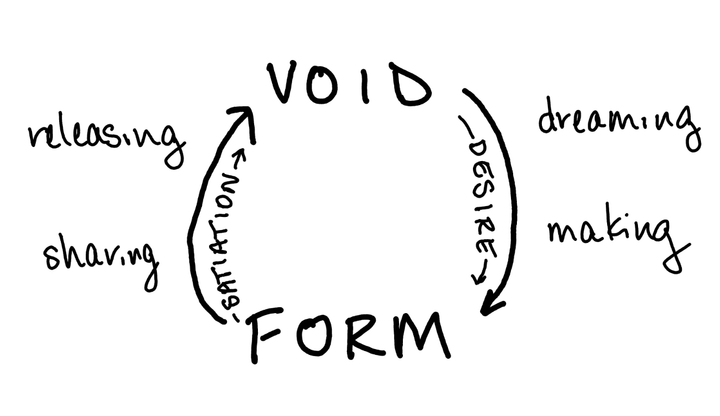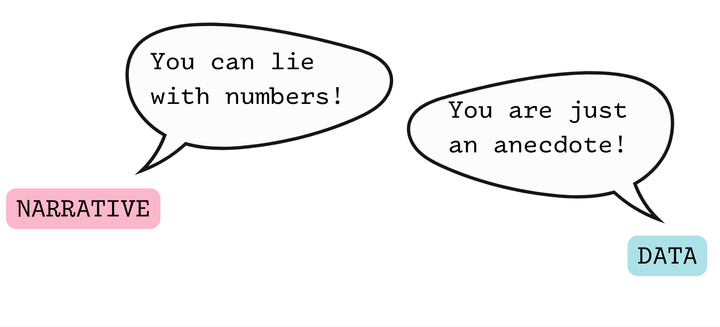What will I tell my child about the AIDS crisis?
I would like to read my child a book about ACT UP. I would like to read my child a book about a community needle exchange.
The baby growing within me is the love child of two gay men, a trans man in his 30s who grew up in New York City and never knew a time before there was AIDS, and a cis man in his 50s who moved to the city in the 1980s and saw his community decimated by the crisis.
The other day I was at a children’s bookstore and I found that they had a picture book about Anthony Fauci. There was about one page regarding the AIDS crisis in the 1980s and 1990s. The text said something like, “Some patients were angry that the medications were taking so long to be available. Tony worked with them so that the medications could be available more quickly.”
Is this what I want to teach my child about community mobilization around HIV and AIDS? It is not.
I looked online. There was another children’s book about Dr. Mathilde Krim, a worthy subject, although I’d prefer to avoid the physician savior narrative. And a children’s book about the AIDS quilt—another worthy subject, though not the main story I hoped to share with my child. (There was a middle grade book, “What is the AIDS Crisis?” which I did not review in detail; I had hoped to find a picture book suitable for younger children.)
I would like to read my child a book about ACT UP. I would like to read my child a book about a community needle exchange. I would like to read my child a book about the House of Latex or about Iris de la Cruz.
(And please don’t tell me the subject of a needle exchange is too mature for a small child—as a 1990s NYC child, we all knew what needles were.)
It’s hard for me to reflect on any of this without thinking about what I was taught about AIDS as a child. AIDS education was mandated for New York State public school children beginning in the late 1980s, and we were all supposed to receive annual age-appropriate education on the subject.
Here is what they told us in kindergarten:
AIDS is a very serious disease. It is a virus and if you get it, there is no cure.
Never, ever touch anyone’s blood. If anyone bleeds, get a teacher.
You can’t get it by hugging or being friends.
We knew there were things unsaid. It sounded a little like cancer, which we had learned was also very serious but which you also couldn’t get by hugging or being friends, but there was something different in the way the adults spoke about this one.
My elementary school observed World AIDS Day. Black drapes.
At one point, they must have told us that many gay men were living with AIDS, because I came home and told my mother I wouldn’t have to worry about it because I was going to be a lesbian when I grew up.
Perhaps the first thing I learned about gay men was that they were dying.
And there was a book in the school library, about a little boy living with AIDS. His mother had to put on latex gloves whenever he cried. I will never forget this. When we imagine backwards, let’s remember how much wasn’t known.
My insurance has yet to pay for any of my prenatal care. There is no mechanism for people whose legal sex is male to receive pregnancy care. This hurts my heart. I know it is just about the same bureaucracy that always pretends we don’t exist, we don’t matter, our lives are mistakes, but it still hurts. I cry and keep going.
This week, I realized that the baby growing inside me would literally not be here without LGBTQ activism around healthcare access. I could have died by suicide without access to hormone care in my early 20s. My partner could have died without community mobilization around HIV prevention and treatment.
I will fight to receive the same access to prenatal care that cis people do, and I will know also that this is part of the legacy being passed to my child. I hope that by the time I tell him about this, the world will have changed so much that he will not be able to understand why my insurance refused to pay for prenatal care to keep him healthy.
We cry and we keep going and we make it better for the next person, I’ll tell him. That’s why your papa is here and I’m here, because someone made it better for us. And we’ll make it better for the next person.


